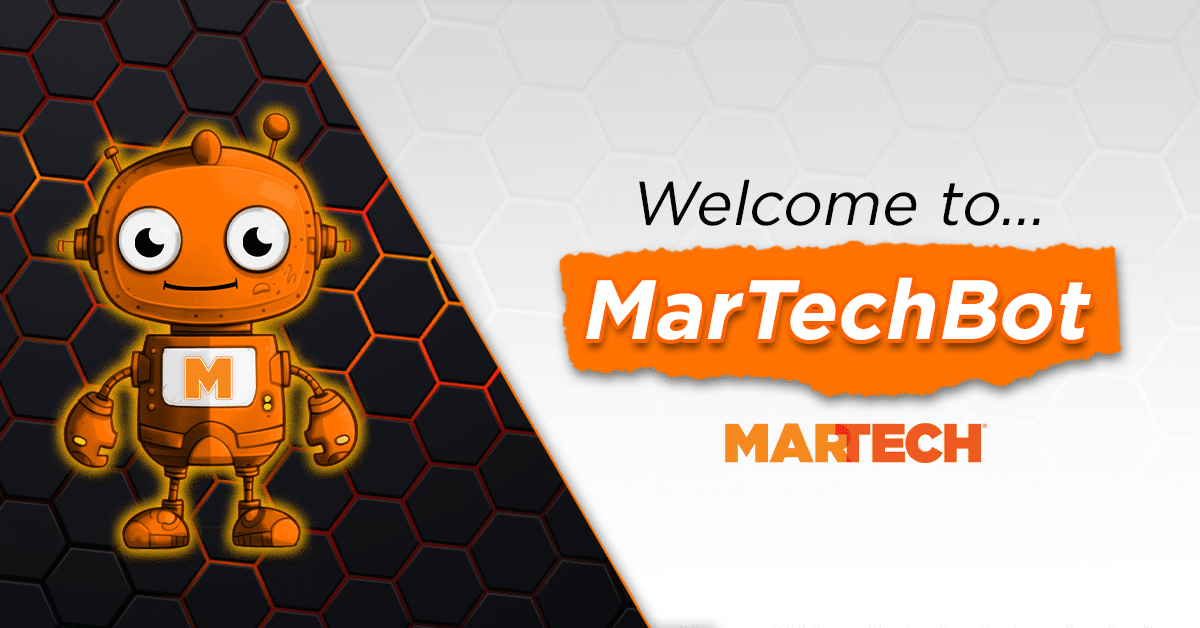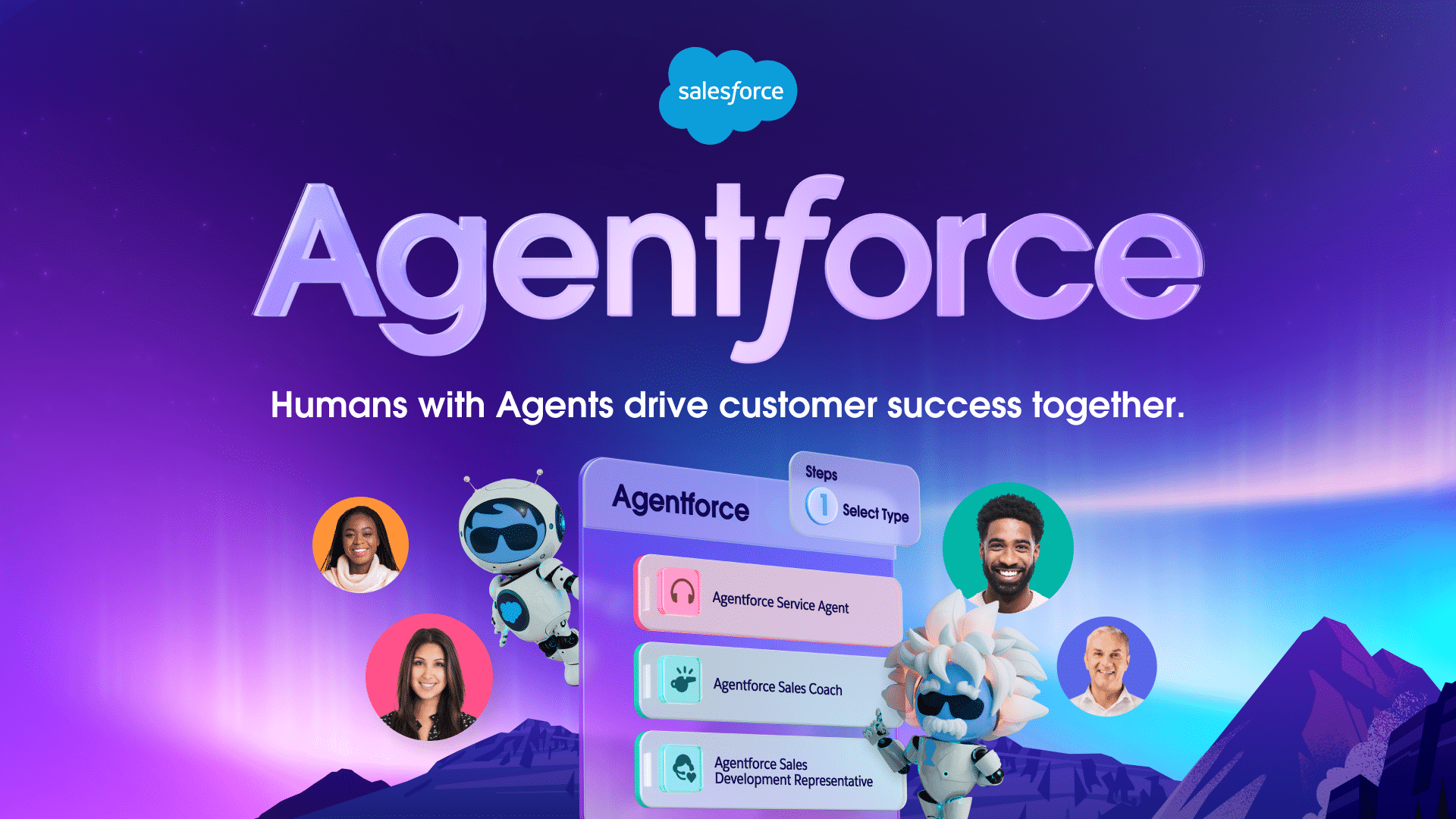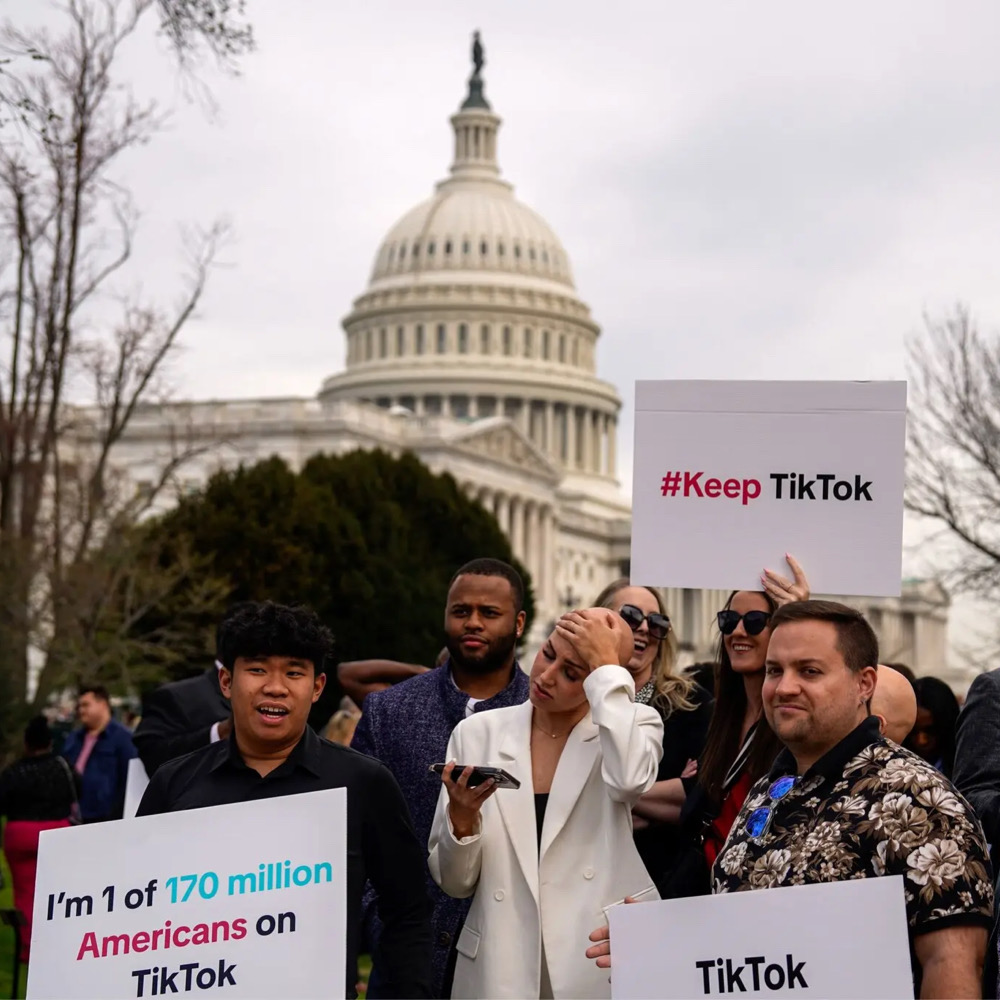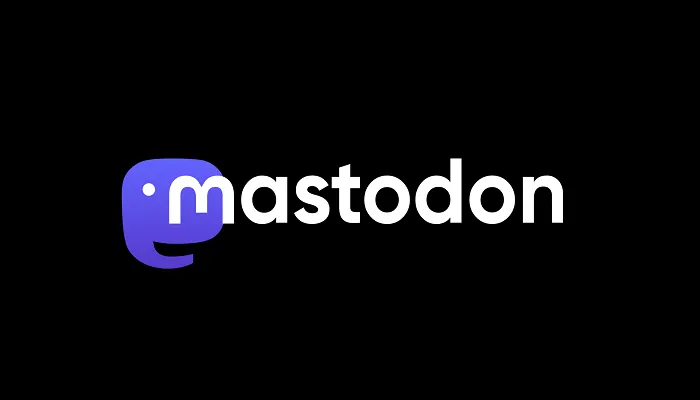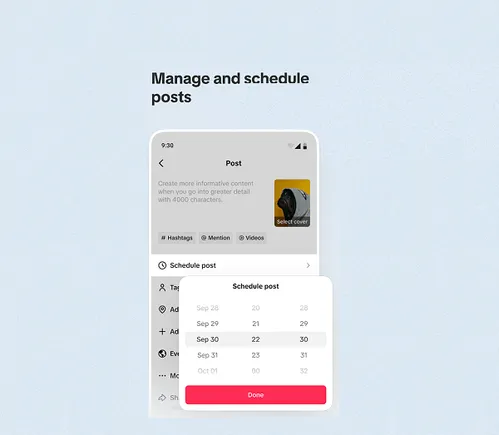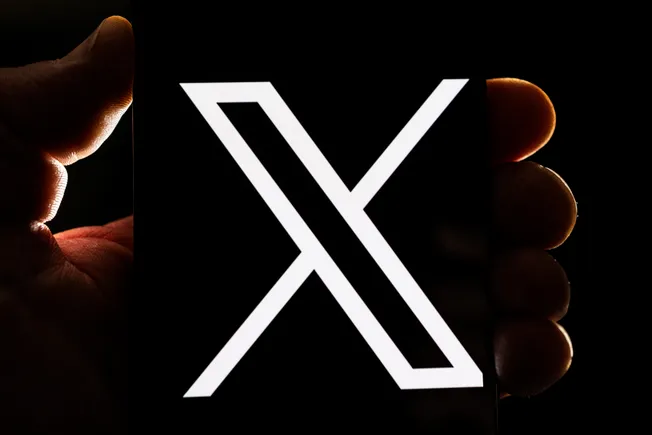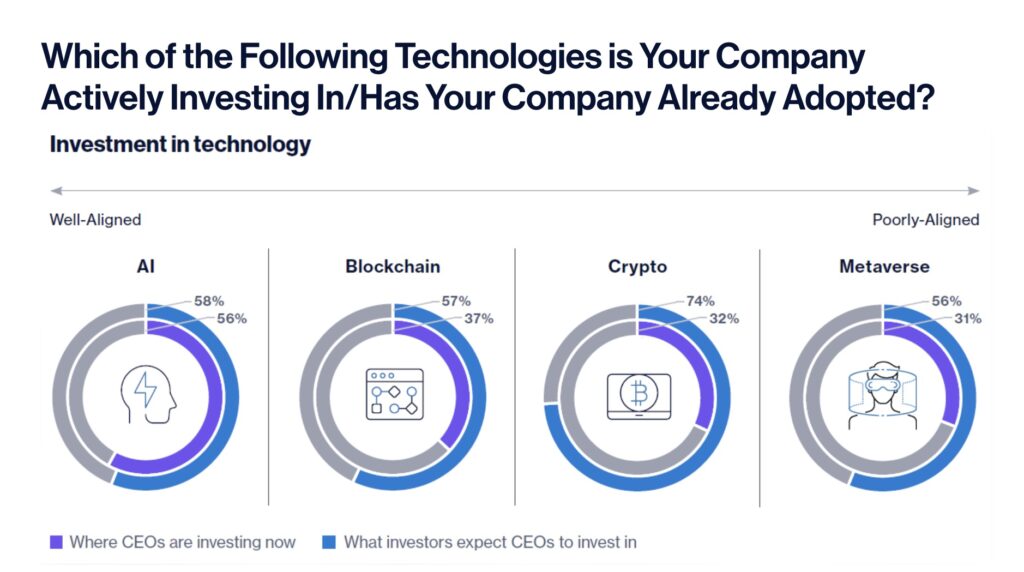Imagine the perfect CEO: Impartial, acting in the best interests of shareholders, employees and the balance sheet. Not biased or compromised by historical baggage, personal relationships or having to worry about their next job. Impervious to emotional manipulation or human error. Sounds impossible. In September, Dictador — a global spirits company — got exactly this type of leader when they placed an AI in the CEO’s chair. (Her name is Mika.)
Teneo’s 2023 global CEO and Investor Outlook Survey demonstrated a resounding interest in the future of AI by CEOs and the investors who empower their agenda as a strong area of big bets for innovative tech. Half (48%) of CEOs from the world’s leading public companies have already adopted AI, with another 58% actively investing to strengthen their AI capabilities.
2023 will see the democratization of artificial intelligence due to Open AI’s ChatGPT and Dall-E – and the race between the likes of Google and Microsoft to develop more powerful and intuitive AIs. These systems have brought the world of frictionless autonomous computing to the masses and are beginning to challenge the fundamental understanding of what computers can do and what it means to create anything, from executive speeches to works of art, from lines of code. The success of these platforms has sparked an arms race with Google, Microsoft and others racing to incorporate or duplicate these technologies within their core products.
It’s by no means perfect though. Try challenging the AI to cite a reference for a research paper or contradict its thinking. You will be met with a groveling and apologetic tone – like all tech, it’s only as good as the human input.
However, it is also introducing efficiencies across the value chain. A recent tech demonstration from Microsoft’s Yusuf Mehdi showed how their new partnership between Open AI and Bing will be able to parse a company’s quarterly earnings report, summarize the important takeaways and even compare key performance numbers against peers – work that would have taken an analyst a few hours, now complete in about 20 seconds.
At what point does the input of AI go beyond workplace efficiencies and help us better understand the psychology of the workforce? Could a well-read AI represent the voice of the employee body at a board level, advocating for employee interests and avoiding the need for lengthy consultation? A devolution of representation to automated standard bearers would be a lot more streamlined. Thinking further, a learned AI trained on how activist investors behave could even act as a “Red Team” for executive teams to stress-test their growth and investment strategies.
A cautionary tale
Before we fill the boardroom with AIs, it’s worth reminding ourselves that all technology is susceptible to in-built biases. Tech companies ran into trouble using AIs in their hiring process when these systems showed a stark preference for white men, a prejudice rooted in bad training data that enshrined legacy biases in how
the algorithm made decisions. Feeding an AI privileged corporate information would be a risky bet without proprietary knowledge of data processing and handling. As researchers at DeepMind recently put it, “Despite incredible performance in a variety of domains, almost all [AI] systems are completely unable to provide a satisfying answer to the simple question, ‘Why did you do that?’”
The new reality is that AI tools are, and will continue to be, leveraged by individuals in the workplace and academic institutions globally to reduce time spent on tasks. Considering ChatGPT achieved 100 million users in two months, it has been cemented as the fastest growing app of all time. That’s a bell that can’t be unrung.
This underscores the vital need for corporate governance on the usage of AI tools and why board members need to get savvy with this new technology quickly to understand both the corporate opportunities and risks associated with it.
A recent JP Morgan survey4 found more than half of institutional investors see AI having a major influence on how they trade, and 41% of individual investors would make a trade recommended by an AI.
For CEOs, this means understanding that AI is rapidly moving from an efficiency play to an active participant in the market and a stakeholder unto itself. CEOs and their IR teams will need to understand how their messaging will be understood and interpreted by both investors as well as investors’ machines.
The post The Rise of the AI CEO appeared first on ChiefExecutive.net.















